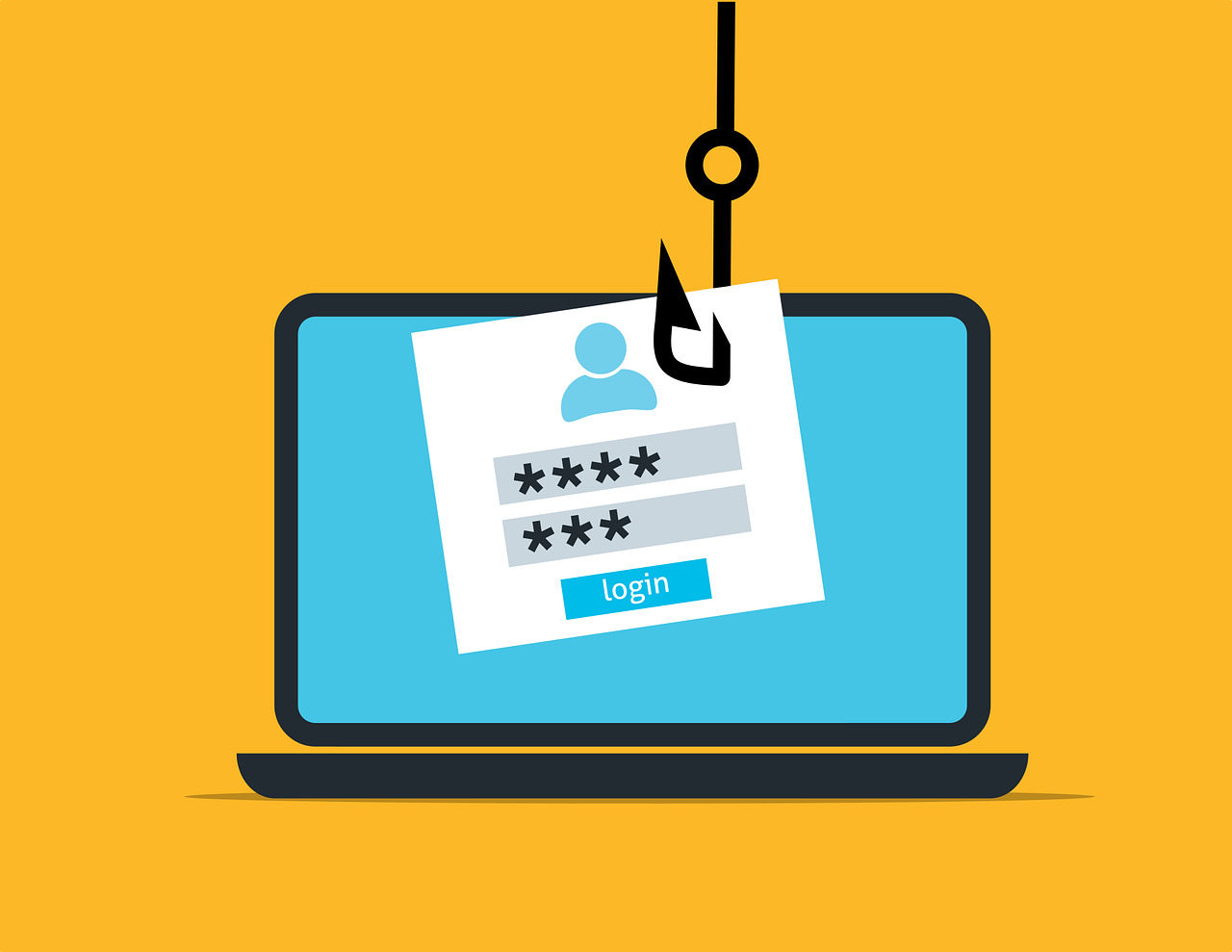[Beware] Most Common ChatGPT Scams & How to Avoid Them

Open AI's ChatGPT is one of the most popular topics on the internet nowadays. ChatGPT became famous because it can answer questions naturally and do several other things. Everyone who uses the internet is asking how to use this cutting-edge technology to be more productive in their respective fields. Naturally, this is the reason hackers are misusing ChatGPT to scam people.
Let's look at how scammers can exploit people to their advantage.
1. ChatGPT Fake News Scams
Using AI model likes ChatGPT, bad actors can spread misinformation, fake news, or conspiracy theories, leading to confusion and potential harm. So whenever you read some serious news online you have to cross check it via legit sources. Avoid forwarding fake news. Such players can use ChatGPT to create content look like editors of New York Times along with fake website like NYC to spread such misinformation.
2. Phishing Malware Scams
Cybercrime specialists have detected dozens of newly registered websites using the name "ChatGPT" in them. Not all the domains which have the same term are malicious, but there are several which contain malware. Dominic Alvieri, the cyber security analyst and researcher, posted his insights on Twitter regarding fake ChatGPT domains, which try to spread adware and obtain users' personal information.
As per Dominic Alvieri, Bleeping Computer was the one to notice such a fraud website called "chat-gpt-pc.online", which pursued to convince users that ChatGPT was available online and anyone could download the application on their Windows PC. Alvieri detected that by downloading this application, the user's device gets infected with spyware called RedLine. This malware steals information from web browsers and various apps which store the data of individuals. For instance, browsers like Google Chrome gather our search history and passwords or credit card information. The perpetrator steals information from browsers and app.
Besides this, Alvieri also observed a few fraudulent ChatGPT apps in the Google Play Store. After installation, these programs launch similar phishing attacks in an attempt to obtain users' information.
Google first page Chat GPT Google Play Store fake apps.
Google search item apps 3 & 4 removed from the Google Play Store including fake Chat GPT Smart AI Chatbot…@Google @OpenAI @Microsoft pic.twitter.com/Ul3wbNpAPD
— Dominic Alvieri (@AlvieriD) February 13, 2023
Cyble, a cyber security firm, discovered more than 50 ChatGPT fake apps, which showed how ChatGPT scams are soaring in popularity. Additionally, Cyble revealed some interesting methods for hackers to obtain information. A software called "chatGPT1", which had no AI usefulness, but the purpose of this program was to secretly subscribe its victim to a collection of premium services through SMS billing fraud.
Want to use ChatGPT? Ensure you use OpenAI website at https://chat.openai.com or can go for AI.com, which acquired ChatGPT recently.
3. Fraudsters using Social Engineering to write fake emails
ChatGPT has a knack of writing as if an actual human has written. Previously, one could spot scammers by grammatical errors and typo. However, now they are resorting to using ChatGPT for email content. These emails can trick people into revealing their personal information or sending money. Furthermore, ChatGPT can also create fake emails of job selection and account deactivation, which fraudsters can use to imitate the service representatives of various fields. ChatGPT can deceive users into revealing sensitive information. Consider the following examples:

4. ChatGPT App Store Scams
According to Gizmodo, cybercriminals have also taken the app stores for smartphones to try and sell copies of ChatGPT for cell phones. For instance an app called "ChatGPT Chat GPT AI With GPT-3" has surfaced on the Apple App Store. After the three-day trial, this app has a weekly membership fee of $7.99. This program also has a $50 monthly subscription, which is more expensive than the weekly membership fee if you do the math.

Regardless of the fact that the app was a copycat of OpenAI, it was so popular and was in the top five most downloaded apps in the Apple App Store's productivity category. With over 13,000 customer reviews and a rating of 4.5+ out of 5 stars, the app beat Google Docs in that category. TechCrunch also reported on a phoney text generator that launched on Google Play Store. Thankfully, before reaching 100,000 downloads, the application got discontinued.
The ChatGPT clone for Apple App Store got blocked from the App Store after it gained social attention. Numerous users noticed a similar issue as with the actual browser version of ChatGPT, such as the chatbot filling in the wrong information as an answer to a question. More significantly, the real ChatGPT web version is absolutely free to use, so there is no need to pay for a separate subscription plan at the moment.
5. AI chatbot support scams
In this type of scam fraudster either send you SMS or Email mentioning some of your existing online services or Bankaccount having some issue please contact their customer support using our new AI chatbot. So due to fear people start talking to AI chatbot and start sharing valuable information with such fradulant chatbot. This leads to stealing your info and financial information.
How to avoid ChatGPT Scams?
Fraudsters can use Artificial intelligence as a powerful tool to scam people or organisations. Because of these technologies, scammers may develop very convincing and genuine scams which are hard to detect. In order to defend, one has to be attentive to potential risks like phishing emails and messages, fake applications, and other AI-powered schemes. Individuals and institutions can protect themselves against these types of frauds in a variety of ways, such as:
1. Continuous inspection/surveillance:
Firms or individuals can ensure that suitable ongoing monitoring checks are in place. Internal alerts are present for actions such as money transfers. As a result, whenever something suspicious occurs, the user is notified. Some of the risk and fraud monitoring domains for enterprises are Forter, LogicLoop, and Seon.
2. Check the source:
Before clicking on any links that require any personal information, verify the source of the message it came from. Check the sender's email address or social media profile whether it is genuine or not.
3. Due diligence:
If you have any doubts about the legitimacy of an offer, do your research. Check the company page or person providing the chance and read articles, reviews, or news to make sure that there aren't any red flags.
4. Dont share personal data
Make sure you do not share your personal information with someone you don't trust. Do not disclose your passwords, bank account number, or credit card pins to any person, emails or messages you seem doubtful about. Report to the appropriate authorised person if you receive any suspicious activity.
5. All that glitters is not gold
If something is too good to be true, stay away. Internet is flooded with ChatGPT courses and videos that promise you can earn with the AI. Please note that understanding anything new involves a steep learning curve. Do your own research and try to take help of free learning resources.
Conclusion
ChatGPT is most definately not the cause for scams. All it does is helps the scammers design new ways to trap people. Some common scams that scammers use to deceive people include phishing, fake tech support, and investment fraud. To avoid falling victim, it's essential to be cautious, verify the source of messages, do your research, protect your personal information, and report suspicious activity. Remember that if an offer seems too good to be true, it probably is, and you should always be wary of unsolicited messages.
In conclusion, it's crucial to stay sharp and informed to protect yourself from ChatGPT scams and other online scams. By following these tips and staying alert, you can reduce your risk of becoming a victim of fraud.

